Our objective is to help communities prepare for climate risks emerging from East Antarctica and the Southern Ocean. We will do this by integrating knowledge of the region’s ocean, atmosphere, cryosphere, and ecosystems.
The evolution of the East Antarctic and the Southern Ocean affects most of the global population, exacerbating and mitigating climate change's impacts on physical environments and ecosystems. Industries, infrastructure, housing, and lifestyles will change as the ice sheet increasingly discharges more ice into the Southern Ocean. Ocean acidification will impact the ocean food web and fisheries and changing sea ice will shift Australia's weather and climate. The exact changes that will emerge, the timescale over which they will occur, and the impact they will have, remain highly uncertain.
Many tipping points in this region are poorly understood - with the potential for unwanted surprises for humanity. Indeed, parts of the continent may have passed unnoticed through tipping points. The Centre will build a confident understanding of tipping points in the Antarctic region, the timescales of these tipping points, and the consequences of passing them.
The research has a clear eye on guiding decisions made by domestic and international governments, recommendations made by policy-informing bodies, and preparations for the impact of climate change by all sectors of society.
The Australian Research Council (ARC) Australian Centre for Excellence in Antarctic Science (ACEAS) is a collaboration between Australian universities, government agencies and international research institutions. The Centre is committed to delivering new knowledge of East Antarctica and the adjacent Southern Ocean, connecting the researchers with the community, governments, industry, and academia.
ACEAS' research program is funded by $25 million of ARC and Australian university funds. The research commended in late 2021 and will run for an initial period of four years.
